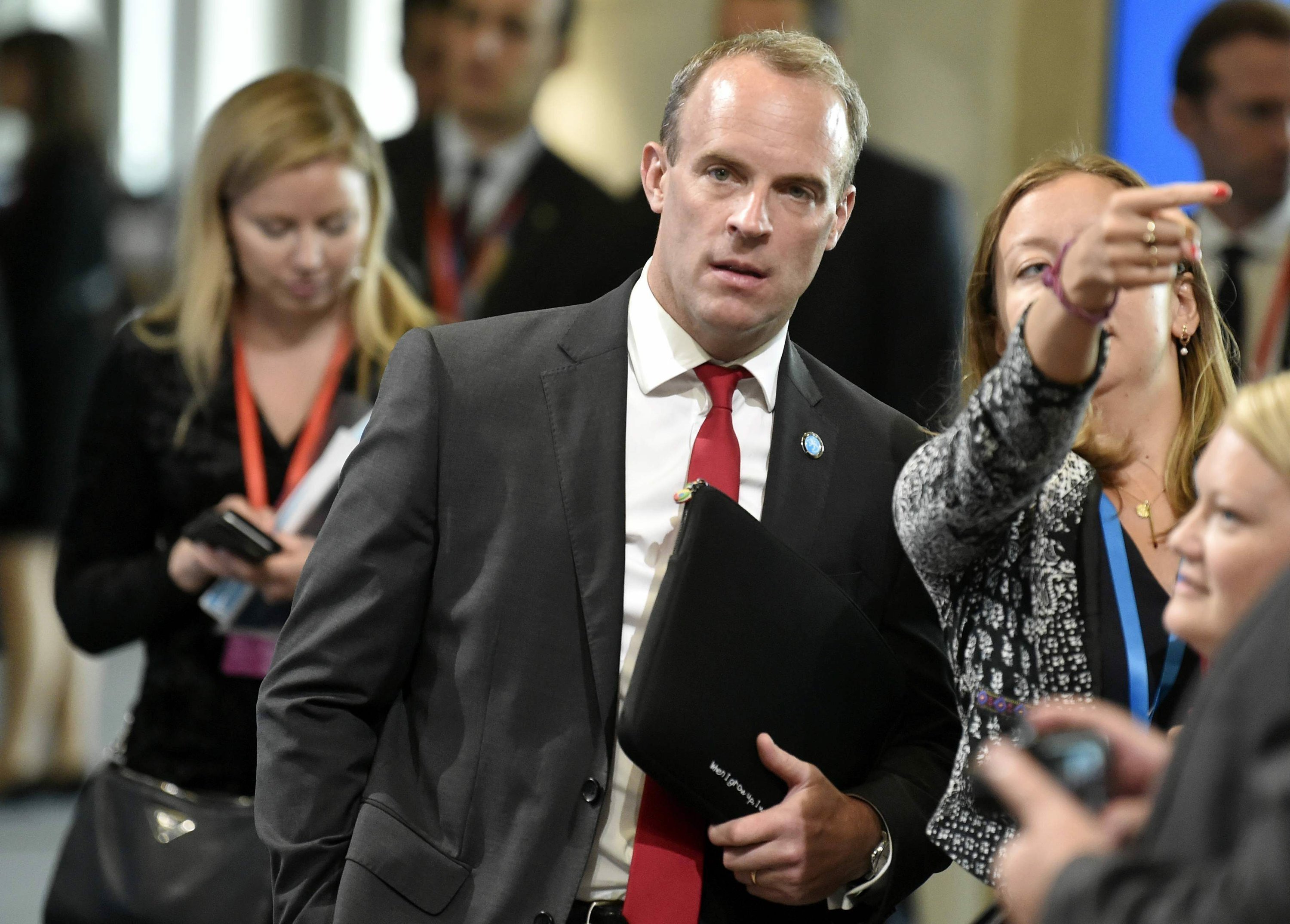Court rejects bid to block parliament suspension

The first legal challenge to prevent British Prime Minister Boris Johnson from suspending Parliament has failed in a Scottish court. The Court of Session in Edinburgh refused Friday to take legal action to prevent Johnson from suspending Parliament for several weeks during part of the period ahead of the Brexit deadline on Oct. 31.
The decision in Scotland's highest civil court is a setback for a cross-party group of legislators seeking to broaden the period for parliamentary debate in a bid to prevent a disorderly departure from the European Union by Britain.
Two other legal cases are still in progress. One is in Northern Ireland and the other is in London. Former Prime Minister John Major is seeking to join the case in London to argue against suspension. Former British Prime Minister John Major says he will seek the court's permission to join a legal battle to prevent the government from suspending Parliament ahead of the Brexit deadline.
Major said Friday he seeks legal permission to join a case already brought by activist Gina Miller that is designed to prevent Prime Minister Boris Johnson from suspending Parliament for a number of weeks.
Major said: "If granted permission to intervene, I intend to seek to assist the court from the perspective of having served in Government as a minister and prime minister, and also in Parliament for many years as a Member of the House of Commons."
Major is an outspoken critic of Brexit who had vowed to intervene legally if Johnson sought to prevent parliamentary debate on the issue.
France's government is firming up plans for a chaotic Brexit, as its Europe minister warns that Britain is likely to crash out of the European Union without a deal.
France's junior minister for European affairs, Aurelie de Montchalin, said on BFM television Friday that "given how things are going, it's probable" that Britain will leave Oct. 31 with no plans for how to handle trade, travel and cross-border business the next morning.
She said "we are talking all the time" with British counterparts about Brexit, and that the withdrawal agreement negotiated with the EU remains "on the table." She wouldn't comment on British Prime Minister Boris Johnson's move this week to suspend parliament until mid-October.
French Interior Minister Christophe Castaner met Thursday with his British counterpart and said "it's fundamental to maintain tight cooperation with the U.K." despite Brexit, especially on fighting terrorism and managing migration. British government minister Michael Gove is visiting the French port of Calais on Friday with France's customs minister to study Brexit preparations.
British Foreign Secretary Dominic Raab is defending his government's decision to suspend parliament and says the move has nothing to do with preventing lawmakers from debating the country's exit from the European Union.
At a meeting Friday with his EU counterparts in Finland, Raab said that "the idea that this is some kind of constitutional outrage is nonsense. It's actually lawful. It's perfectly proper. There's precedent for it."
Other EU foreign ministers expressed concern that a potentially damaging and very costly UK exit from the bloc without an agreement now appears more likely.
Most declined to comment on the government's move, but Luxembourg Foreign Minister Jean Asselborn said suspending parliament "is a way of proceeding in democracy that doesn't quite conform to the rules."
